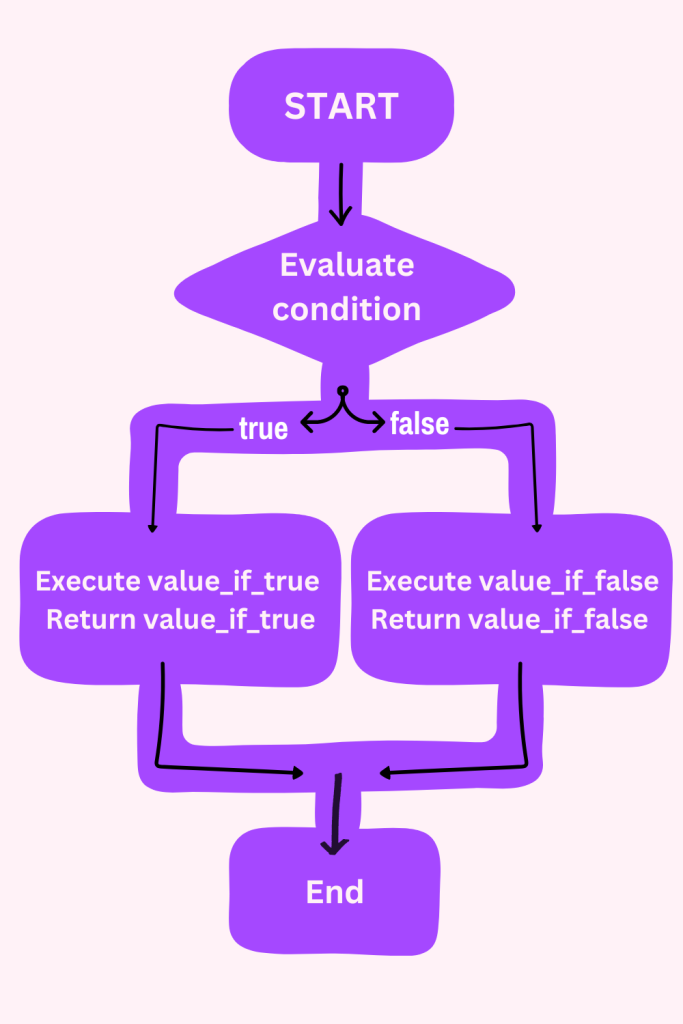Ternary Operator in PHP: Simplifying Your Code
Conditional expressions are an essential part of programming. They allow developers to make decisions about the flow of their code based on specific conditions.
PHP has several kinds of conditional expressions, such as if-else statements and switch statements. However, a particularly concise way to write conditional expressions is with the ternary operator.
For example, an if-else statement allows you to specify two different paths that your code can take, depending on whether a condition is true or false.
The ternary operator is a shorthand way of writing an if-else statement.
It takes three operands:
- The condition.
- The value to return if the condition is true.
- The value to return if the condition is false.
In this blog post, we will explore the syntax and working of the ternary operator in PHP, along with some examples. In addition, we will walk you through best practices, advantages, and limitations in the context of a blog post.
Syntax of the Ternary Operator.
The ternary operator follows a simple syntax-
(condition) ? (value_if_true) : (value_if_false)Let’s break down the parts:
- (condition): This is the expression that evaluates to either true or false.
- ? : The question mark acts as a separator between the condition and the values.
- (value_if_true): This is the value or expression to be returned if the condition is true.
- : : The colon separates the true value from the false value.
- (value_if_false): This is the value or expression to be returned if the condition is false.
How the Ternary Operator Works?
To understand how the ternary operator works, let’s take a look at its evaluation process.

The ternary operator first evaluates the condition.
If the condition is true, the value_if_true is returned.
Otherwise, the value_if_false is returned.
Examples and Use Cases.
Now let’s look at some practical examples that demonstrate the versatility of the ternary operator in PHP.
Assigning values based on conditions.
$age = 25;
$status = ($age >= 18) ? "adult" : "minor";
echo $status;
// Output: adult
Displaying different outputs based on conditions.
$isLogged = true;
$message = ($isLogged) ? "Welcome back!" : "Please log in.";
echo $message;
// Output: Welcome back!
Handling complex conditions.
$score = 85;
$result = ($score >= 90) ? "Excellent" : ($score >= 70) ? "Good" : "Average";
echo $result;
// Output: Good
Working with different data types.
$isAdmin = true;
$userRole = ($isAdmin) ? "Admin" : "User";
echo $userRole;
// Output: Admin
$number = 10;
$evenOrOdd = ($number % 2 === 0) ? "Even" : "Odd";
echo $evenOrOdd;
// Output: Even
Best Practices and Tips.
To make the most of the ternary operator and ensure code readability, consider these best practices-
- Use the ternary operator for simple conditions and when it enhances code clarity.
- Employ whitespace and proper indentation to improve readability.
- Add comments to explain the purpose of the condition if it might be unclear.
- Consider breaking down complex conditions into multiple ternary operators or using if-else statements for improved readability.
The following PHP script demonstrates the best practices for using the ternary operator in PHP.
<?php
// Example: Determine if a number is positive, negative, or zero
function checkNumber($number) {
// Use the ternary operator for simple conditions and code clarity
$sign = ($number > 0) ? "positive" : (($number < 0) ? "negative" : "zero");
// Employ whitespace and proper indentation
$result = "The number is " . $sign . ".";
// Add comments to explain the purpose of the condition
// If the number is greater than 0, it's positive. Otherwise, if it's less than 0, it's negative. Otherwise, it's zero.
return $result;
}
// Test the function
echo checkNumber(5); // The number is positive.
echo checkNumber(-3); // The number is negative.
echo checkNumber(0); // The number is zero.
?>
If you’re having trouble debugging your PHP code, this article may be helpful.
Advantages and Limitations.
The ternary operator offers several advantages, including
- Conciseness: It allows you to write conditional expressions in a compact and readable manner.
- Improved readability: It can make code more straightforward and reduce clutter.
However, it also has some limitations to keep in mind.
- Inability to execute multiple statements: The ternary operator can only handle single expressions.
- Readability challenges with complex conditions: Overly complex conditions can make code harder to understand, so use the ternary operator judiciously.
Conclusion.
The ternary operator in PHP is a valuable tool for writing concise conditional expressions. By providing a shorthand syntax, it simplifies code and improves readability in certain conditions.
Remember to consider the context and complexity of your conditions when deciding whether to use the ternary operator. With the right approach, you can leverage the power of the ternary operator to write clean and efficient PHP code. Happy coding!
